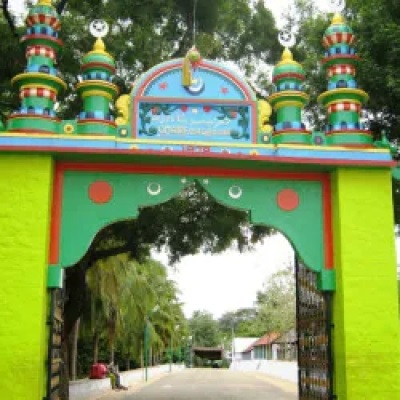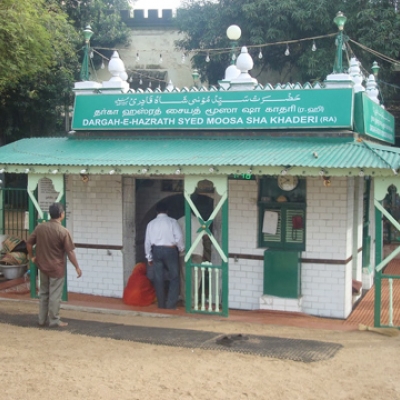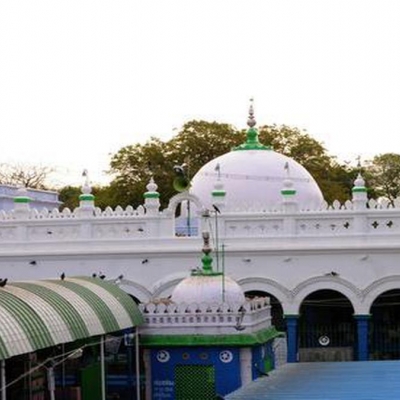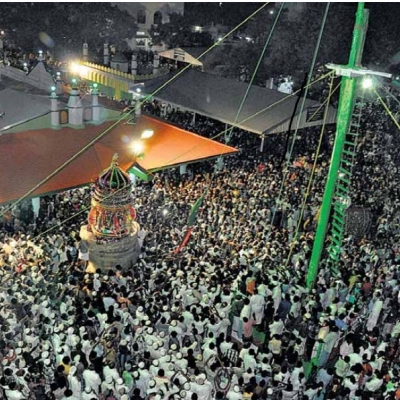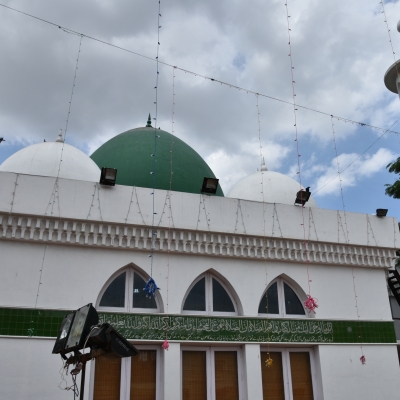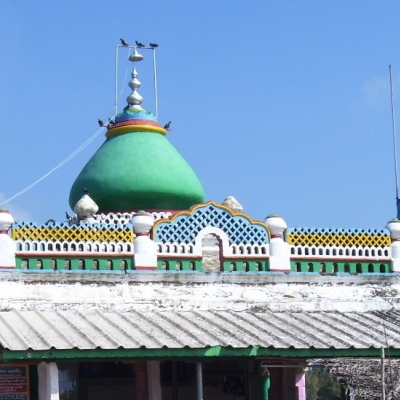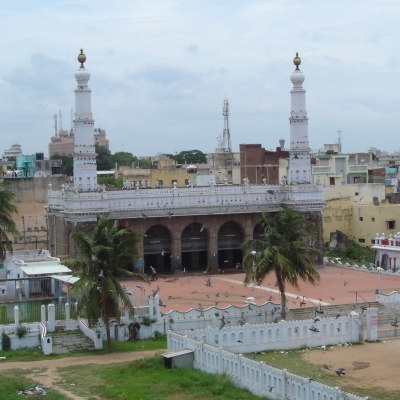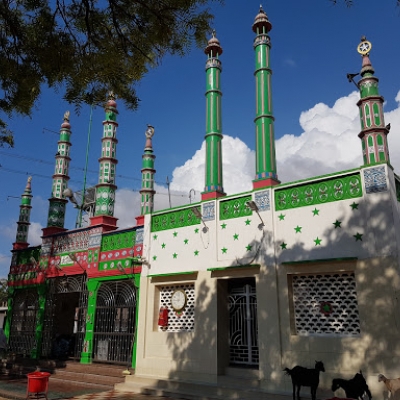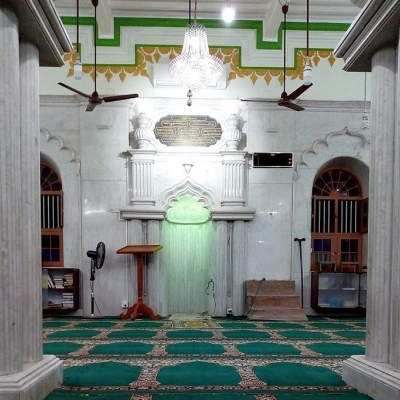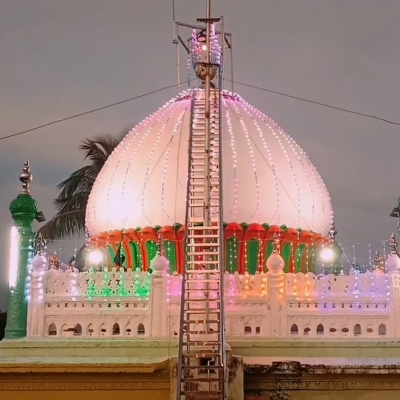Popular Mosques in Tamil Nadu
Tamil Nadu, a state steeped in history and cultural heritage, is home to a myriad of mosques that showcase the architectural brilliance and religious diversity of the region. These magnificent structures serve as places of worship, community gatherings, and historical landmarks, attracting visitors from all walks of life.
The popular mosques of Tamil Nadu exhibit a harmonious blend of Islamic architectural styles, often influenced by local Dravidian architecture. They feature intricate carvings, soaring minarets, vast prayer halls, and tranquil courtyards. The interiors are adorned with colorful tiles, geometric patterns, and calligraphy that evoke a sense of spirituality and awe.
Over the centuries, mosques have played an integral role in the social and cultural fabric of Tamil Nadu. They have served as centers for religious education, cultural exchanges, and community development. Today, these mosques continue to be vibrant places of worship and gathering where locals and tourists alike come to find peace, inspiration, and a connection to their heritage. In Tamil Nadu, visitors can embark on a journey to discover the architectural and cultural significance of these remarkable mosques. From the grandest structures in major cities to the hidden gems in rural villages, each mosque tells a unique story of faith, devotion, and the rich history of this diverse state. Whether you're a devout follower or simply a curious traveler, exploring these sacred spaces provides a profound experience. Witness intricate carvings that tell stories of the divine, stand in awe of towering minarets reaching for the sky, and feel the palpable sense of peace that permeates these hallowed halls. Tamil Nadu, a state located in the southernmost part of India, is known for its rich cultural heritage and diverse religious sites. Among the many religious places of worship in the state, mosques are an integral part of Tamil Nadu's religious and cultural fabric. In this blog post, we will explore the reasons why one should visit all the mosques in Tamil Nadu without mentioning any names or using subheadings.
Firstly, visiting the mosques in Tamil Nadu is an excellent way to learn about the state's Islamic history and culture. The mosques in Tamil Nadu are not just places of worship but are also architectural marvels that reflect the region's cultural and historical significance. The intricate designs, calligraphy, and geometric patterns on the walls, ceilings, and pillars of these mosques showcase the artistic and architectural expertise of the craftsmen who built them. Secondly, visiting the mosques in Tamil Nadu is an opportunity to experience the spiritual and peaceful atmosphere that these places offer. The mosques are open to everyone, regardless of their faith or beliefs, and offer a sanctuary from the hustle and bustle of daily life. The soothing sound of the azan (the call to prayer), the calm and serene ambiance, and the spiritual practices that take place within the mosques make for a unique and enriching experience.
Thirdly, visiting the mosques in Tamil Nadu provides an opportunity to interact with the local Muslim community and learn about their customs, traditions, and way of life. The mosques serve as community centers where people gather for prayer, socializing, and education. By visiting the mosques, one can gain a deeper understanding of the region's Muslim culture and connect with the local community. The mosques in Tamil Nadu offer a wide range of activities and programs that cater to people of all ages and interests. From Quranic studies and religious classes to community events and charity work, the mosques play an active role in the community's social and cultural life. Visitors can participate in these activities and gain a unique perspective on the region's religious and cultural practices.
Finally, visiting the mosques in Tamil Nadu is a way to promote interfaith understanding and harmony. The mosques are symbols of peace, tolerance, and respect for all religions and beliefs. By visiting the mosques, one can demonstrate a commitment to promoting interfaith dialogue and understanding and fostering a sense of unity and harmony in the community.
